A contribution by Bernhard Trautvetter.
Humanity faces massive threats to the future, such as the imminent ecological catastrophe resulting from the destruction of vital areas of the biosphere, the drifting gap between the super-rich and the impoverished, the increasingly threatening danger of escalation of violence and wars worldwide in a spiral, which, due to the nuclear and chemical facilities in all parts of the world, can become an inferno, as a result of the disintegration of entire regions of the world, above all as a result of the militarization of world politics initially triggered by NATO states and the sinking of entire cultures into death zones, from which many people then flee, as they do from ecologically devastated areas.
In the tense situation of our time there are more and more election successes of enemies of coexistence, i.e. of the life of the species man on planet earth as a whole; nationalistic slogans like “let’s make America great again” lead directly to imperial economic wars and military force worldwide. Also Annegret Kramp-Karrenbauer’s advertisement for more militarily enforced “creative power” of the enlarged Germany is an expression of the danger that comes from old thinking. (1)
Ultranationalism and militarism see their country, their culture and in the core themselves as superior, in case of problems they ignore questioning the system and direct the view personalistically to certain human groups with scapegoat theories against refugees, so-called good people, 68ers and behind all the or part of the so-called elites…
Opinion makers in the mainstream media and in the ultra-right public sphere are systematically working on this superficiality. They personalize, their criticism denounces people and groups of people in power without looking at capitalism with its focus on profit in the “eat or be eaten” economy.
Capitalism generates a double blindness, on the one hand to the system as the fundamental cause of many such existential threats to the future, such as the dogma of growth and competition, which is embellished as “competition” to stimulate business, although as an element of the material basis of the economy it undermines human cooperation. The second blindness is blindness to this blindness itself. He who has blinders does not see them – unless he helps himself with a mirror.
This multiple blindness can then be averted and overcome when people comprehend reality as a process fed by opposites. If they transfer this approach on their experiences regarding their relationship to themselves, then the critical and reflective distance succeeds, which helps not to let thinking and acting persist superficially on the level of the facades of everyday life. With this attitude, man can also avoid resorting to supposedly simple solutions and assigning a meaning to the positions of the right that they do not have. Those who approach their experiences in this way will also think about arguments against what they seem to be convinced of. With this open and in-depth attitude, reflection deepens, because it also includes all possible consequences that can arise after each action. This also includes the undesirable and the otherwise unconsidered consequences.
The dialectical view also of oneself and, starting from this, of all life’s spheres of influence, from the smallest to the largest, favours the broadening of horizons that is needed if mankind is to mobilize the spiritual energy in order to dissolve the Gordian knots of future threats in time.
The critical nuclear scientists warn that it is two to twelve for mankind on the edge of the abyss. They point to “the dangerous situation caused by global threats such as nuclear weapons, climate change and social polarisation”. (2)
Apart from racism and national egoism, the social polarization is also due to a way of thinking that sees elbow society and fellow human beings as competitors on the labour market. The resulting egocentric view of the world can be compared to that of a passenger on a transatlantic ship who is so focused on the beauty and luxury of his own cabin that dangers to the safety of the common ship are out of his focus. Then the engine comes to a standstill, which becomes apparent too late, when the icebergs approach the Titanic.
In the 21st century it is about the forces that are interested in the survival of the entire planet as the home city of mankind, reflecting on what is common and not what separates them. And that they value the other in others as enrichment for themselves on the one hand and for society as a community on the other. They consider the liberation and freedom of the individual as a fundamental condition for the liberation and freedom of all. We have no right to gamble away the chances of survival of the human species by allowing ourselves to be divided. All, including the excluded and the generations after us, need a perspective based on the solidarity of those who want to live (differently). The closeness between the side-by-side actors, which develops in solidarity commitment, also warms one’s own heart.
In order for this to succeed in our world, it is a beginning when the peace, ecology, human rights and trade union movements as well as alternative forces come together for a sustainable culture of life in actions for measures that can lead from the small to the large to a sustainable society in the local and global context. It begins with disarmament instead of resource destruction, education and culture instead of neo-liberal favouritism of the super -rich, renewable energies, social justice, a balance of consumption and growth of natural resources, a culture of peace through reconciliation of interests; in concentric circles, future-compatible human interaction spreads nationally and then also internationally, it replaces the imperial and expensive as well as deadly power politics of the military in the Nato states and beyond that by collective security on the basis of connecting structures instead of (capitalist) competition. Their discourse can promote the necessary solidarity if they see dissidents not as enemies but as an enrichment. All of this on the basis of the dignity that every human being receives from his or her humanity without conditions.
I know that this sounds naïve, especially to political realists. Political realists see the elbows as a condition for survival. Realism of the 21st century, however, is the realization that we must, can and want to achieve what appears to be unattainable, and that we must do so in an increasingly scarce time, because with the destructive way American and Western lifestyle and the exclusionary way of thinking, talking and acting, humanity has come to the edge of existence.
With the old way of thinking, interacting and communicating, we cannot solve the problems that the old has led us to. The rejection of so-called political correctness, which only leads to dishonesty and to boredom, does not represent – unlike many people throw it in – an opinion dictatorship if people are obliged to respect human dignity and constitutional rights in their communication. There must be no opening of the door to group hostility, as this is the result of the following error: Someone has an extremely positive or negative opinion of someone, but does not know them at all. In Hyperion, Hölderlin turned against those who considered themselves wise “because they no longer have a heart. (3)
The Indian wisdom also helps here: Never evaluate a person’s actions without having walked at least one mile in his moccasins.
I can already hear those who are now intervening, who at 17 was not a communist has no heart, who at thirty is still a communist has no mind. The answer to this resignative position of supposed political “realists” is: We humans have only a common future or none at all.
Without the heart as the central sense of perception and the source of motives for action, people will not find their way to another, to a sustainable society. We live to share this world in such a way that life lives. Also after us, also in the parts of the world that are victims of imperialism, also in the families that have no hope, because they are excluded, exploited and booted out. It is about a society that puts an end to this, so that people like to live. Then they respect life. Especially in view of the urgent aggravation of ecological, social, military and political threats to the future, we may have no choice but to try not to let the global threats keep us from solving problems any longer.
The reference to powerlessness, the reference to the individual’s lack of power, the indifference to the suffering of others, the lack of attention to the vitality of nature, all these are possible starting points for a shadow that can take everyone’s life with it in the final catastrophe of civilization. Preserving the beauty of the blue planet and love as an active turn to the soul of what unites us all may prove to be our only chance to escape the dangers of the future. Anyone who thinks that the fear that resonates here is a bad counsellor must answer that it is still possible to repress fear at two to twelve o’clock. This is the bad counsellor. It often happens that contemporaries fall directly from positive thinking into depression. Between pessimism and optimism there is responsibility for the vision of a viable life. A humanity without a vision loses its soul. As long as there are people, humanity is the better idea.
The forces of survival will only succeed if they unfold an attractive culture of coexistence that infects others. This applies not only to the form of interaction with one another, but also to the discourse that Hegel’s dialectic of thinking in contrasts with the decisiveness of criticism of circumstances, with the commitment to a social system in which people are no longer humiliated out of the exploitative interest of a capital class. This includes the courage to say “no” when militarists and their business partners say that even nuclear armament is part of “security policy”. This courage leads to the grace of life. Our “No” to the destruction of nature springs from a “Yes” to life.
In spite of all this.
Sources:
https://www.jungewelt.de/artikel/366407.milit%C3%A4rpolitik-akk-l%C3%A4dt-nach.html
https://gutenberg.spiegel.de/buch/hyperion-264/6
+++
Thanks to the author for the right to publish.
+++
Picture hint: shutterstock/Peshkova
+++
KenFM strives for a broad spectrum of opinions. Opinion articles and guest contributions do not have to reflect the editorial point of view.
+++
KenFM now also available as free app for Android and iOS devices! Via our homepage you can access the Apple and Google stores. Here is the link: https://kenfm.de/kenfm-app/
+++
You like our program? Information on support options can be found here: https://kenfm.de/support/kenfm-unterstuetzen/
+++
Now you can also support us with Bitcoins.

BitCoin address: 18FpEnH1Dh83GXXGpRNqSoW5TL1z1PZgZK


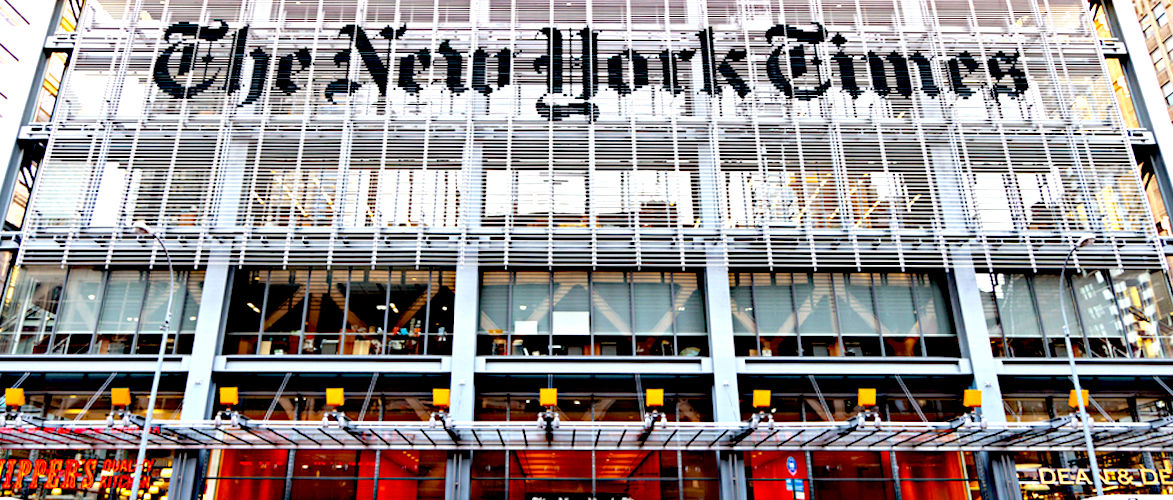
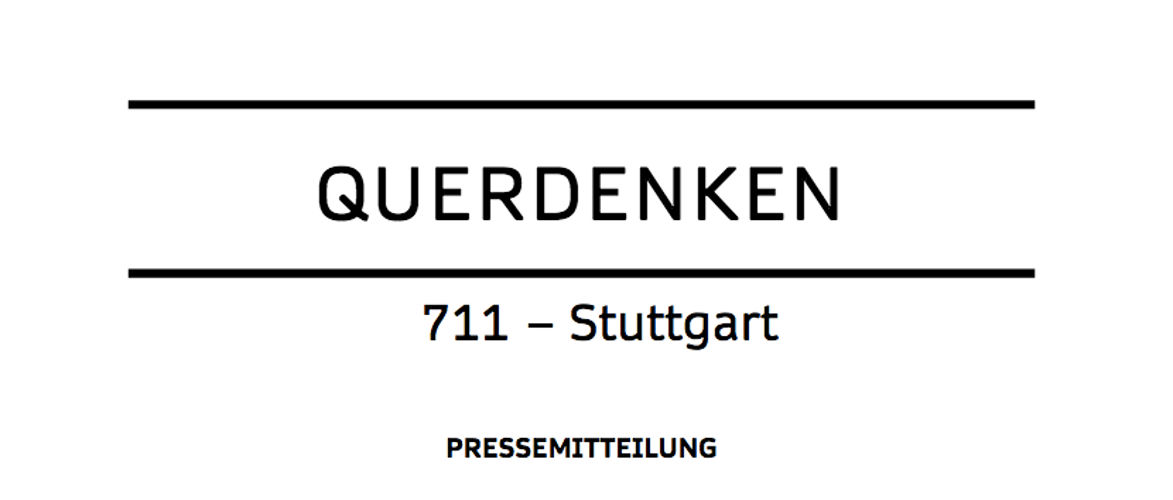
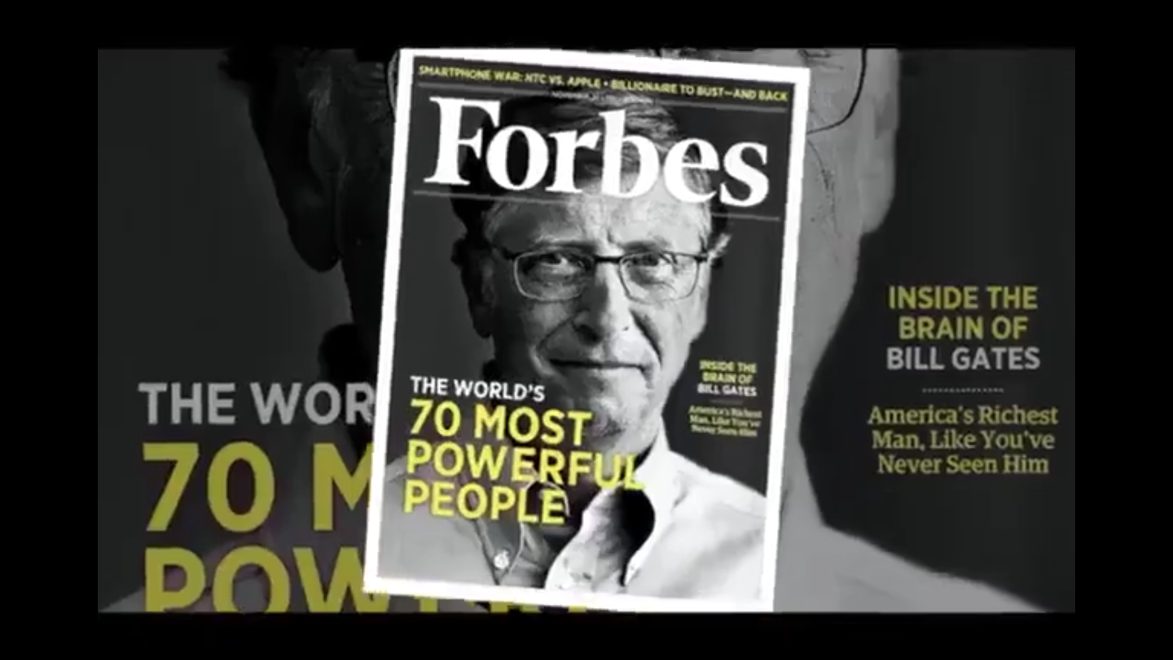
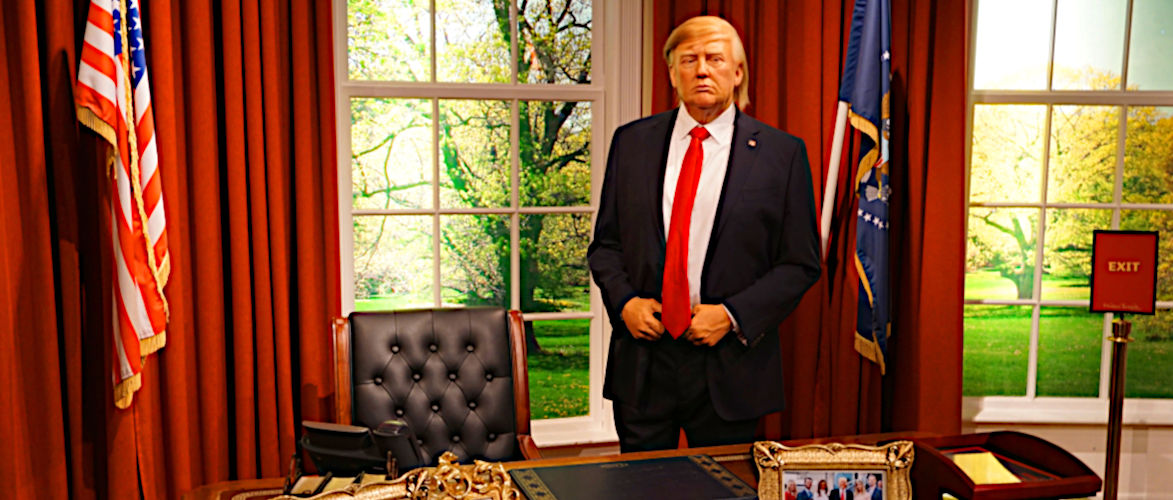

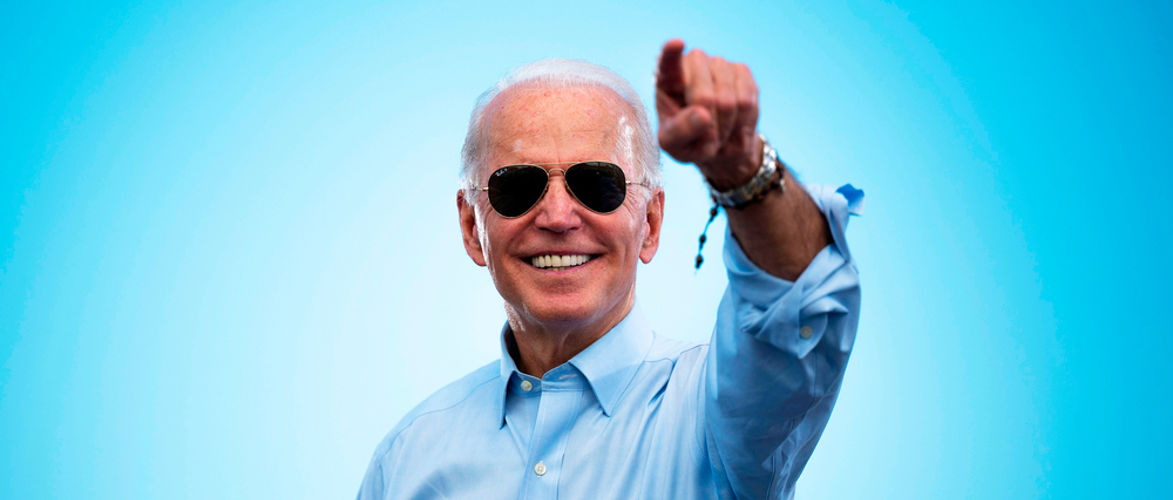

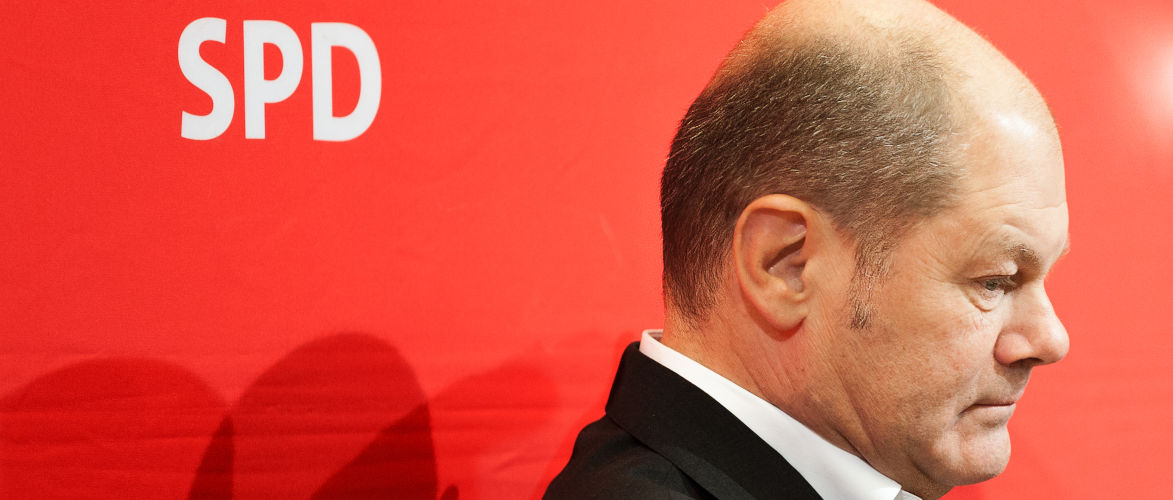
Kommentare (0)